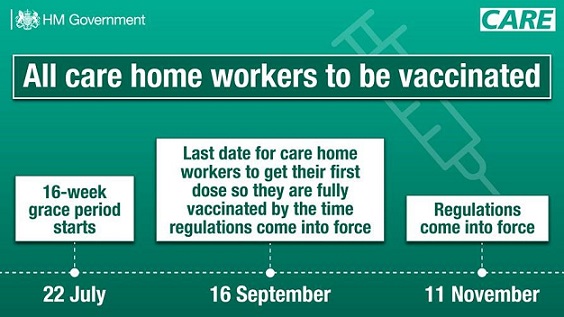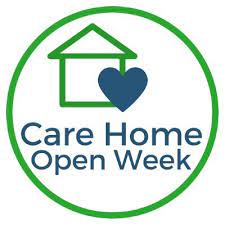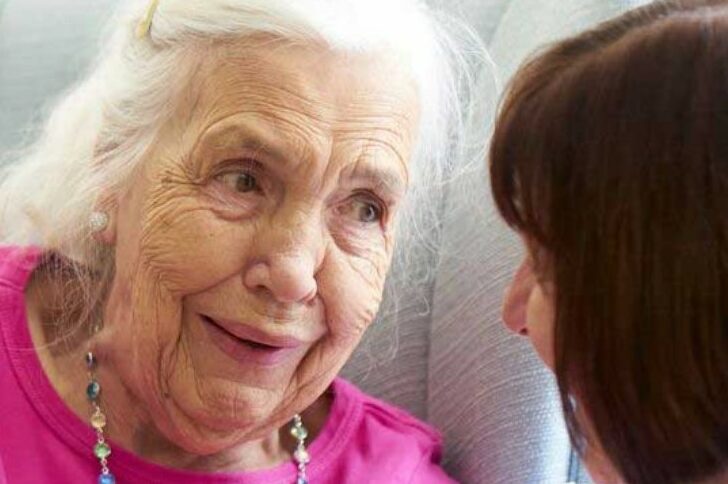Communities
Being an unpaid carer during a global pandemic takes its toll, as does its aftermath. The impact is not just physical and emotional, it’s financial too. From speaking with her networks of unpaid carers, Fatima Khan-Shah knows these issues are front and centre of their minds during this year’s Carers Week.
"‘Joining up care for people, places and populations’ is not just the title of the Government’s Integration White Paper, but an aspiration for us all" says Paul Najsarek of Solace, the membership network for public sector and local government professionals. He believes local expertise can deliver local solutions, as he explains in his debut blog …
Inclusion, acceptance and respect are all essential qualities in the world of social care, as much for those who provide services as they are for those who receive them. Deborah Sturdy, Chief Nurse for Adult Social Care, believes LGBT+ History Month is the perfect opportunity to celebrate diversity across the care sector.
Friends, family and colleagues are all great sources of information. Sometimes, this comes from chance encounters, when you’re walking the dog or dropping off the kids. It doesn’t matter what the situation is, hearing about what other people did in that situation can help. Social care is no different and a new website sets out …
As people working in or with the care sector, we all want the best for residents, colleagues and the communities around us. Let’s give them even greater peace of mind by getting vaccinated for flu and COVID-19 and make this the safest, healthiest winter we can.
COVID-19 vaccination has to be comprehensive to be truly effective as protection – particularly for those most vulnerable to infection. While the SAGE recommended levels of at least 80% of care home staff and 90% of residents have been reached and exceeded in many parts of England, regional variation persists. Deborah Sturdy, our Chief Nurse …
Although anyone can experience mental health issues, those of us who identify as LGBTQ+ are more likely to develop problems including low self-esteem, depression and anxiety. As this month marks Pride Month, Andrew Seed, Integrative Psychotherapist at Cygnet Hospital Ealing, reflects on how creating a safe space for service users and staff is vital to …
For almost a decade, care home open days have seen care homes all over the country open their doors to families, friends and local communities. This year’s event, which takes place across a week (28 June - 4 July), has particular significance, providing an opportunity to reunite care homes with their local communities, while celebrating …
In February 2021, the Commission on the Role of Housing in the Future of Care and Support published its first report – a policy discussion paper outlining the major issues facing accommodation provision for older people and setting out a vision for a better future, with some preliminary proposals the Commission had been exploring as …
Like many of us, care home manager, Lesley Griffiths, could not have envisaged the enormous impact coronavirus would have on the care sector and our wider communities. Managing a large residential nursing home suddenly became a daunting task. Lesley shares fears, learning curves and hopes for the future.








